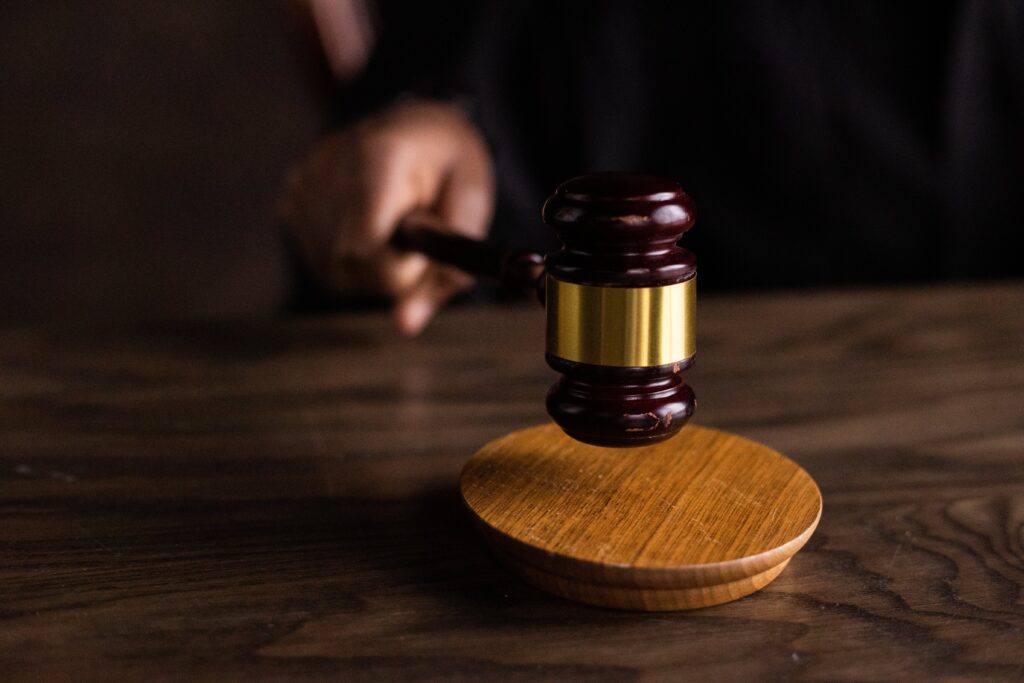
On 19th July the Government announced its intention to set up 10 Nightingale Courts to aid with the backlog in the court process.
The Lord Chancellor commented that the introduction of the Nightingale Courts:
“will help boost capacity across our courts and tribunals - reducing delays and delivering speedier justice for victims.”
Why Aren't The Courts Open?
In March 2020, almost half of all courts were closed and jury trials were paused to minimise social interaction between court users. Since then, court staff, legal professionals and the judiciary have collaborated to prioritise cases and keep the justice system running throughout the lockdown – with up to 90% of all hearings using remote technology during the pandemic.
What Is A Remote Hearing?
All of our Family Law team have rapidly become expert in managing remote hearings which come in 3 forms:
- Firstly, telephone hearings which is the least preferred option as it is a rather clunky way of working and it is impossible to avoid talking over each other despite careful management of the process.
- Secondly, Microsoft 'Teams' court hearings or the new Court virtual platform where generally all participants seem to be more comfortable and more comfortable. It is easy to use and the control panel allows visibility of muted microphones and facial expressions can also assist.
- The third type of remote hearing is a hybrid hearing. This is where some people are in the court room itself maintaining social distancing and others attend on a large video screen. We have all had to become flexible in how we work and above all patient with technological malfunction as this does unfortunately frequently occur. Initially, it was mainly user error but now as the system becomes increasingly overloaded with these remote hearings the technological challenges have increased.
How Big Is The Backlog Of Cases?
The backlog of Criminal cases is over 40,000 and as far as Civil cases, including family law, are concerned the data is not available. We know a large number of cases at the end of March were adjourned and that until we had some method of coping with hearings where live evidence was to be given and with a duration of over a day, the only viable option was for adjournment in the interests of justice.
How Can Nightingale Courts Help To Shift The Backlog?
In the first instance, the extra courts will provide more suitably adapted court rooms which will mean that more cases can be dealt with. In addition, other court rooms in operational court buildings can be modified but this will require investment in technology, careful planning and time.
The Nightingale Courts are undoubtedly an attempt to alleviate the pressure on the court system and will, of course, help to some extent. Inevitably, as cases continue to be issued the pressure will remain on the system for many months. The goodwill of the court staff and the profession working in the court area will continue.
Unfortunately, those seeking to access the justice system will find the system significantly slower than they would hope for, but this is the inevitable impact of Covid-19 restrictions and the continuing need to work with these for the foreseeable future. The problem for those accessing justice will be the need to refresh information before the court, for example filing updated evidence as circumstances change and reviewing of evidence in cases where they were about to be finalised in March 2020.




